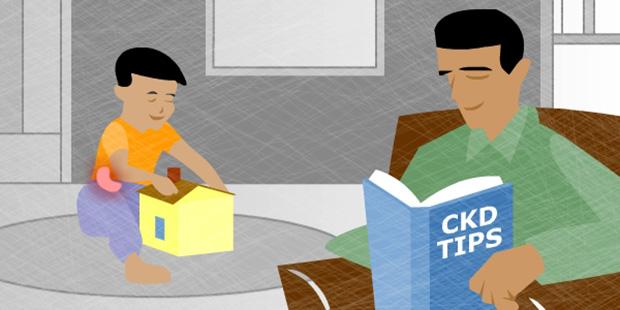"Every society has the children it deserves" juvenile delinquency is the result of adults’ selfish indifference for their children, said Eugene Trivizas [1], Professor of Criminology and author of children’s books, in an interview. This makes the responsibilities of adults somewhat exclusive in cases where the topic concerning our young angels.
This issue has a special theme. The parent - child relationship is strictly personal, and subject to the particularities of any given family. In any event, the art of crime will attempt to provide ideas for forming closer relations and achieving peace to any troubled or problematic familial relationships. Particular emphasis is placed on the Internet and the problems that have arisen from use by minors. We hope this helps!
• Learn to identify signs that signal abuse or harassment of the child, or minors in general.
 • Tell your children not to touch unknown people and consult them to tell you immediately if this happens.
• Tell your children not to touch unknown people and consult them to tell you immediately if this happens.
• If your child mentions some form of abuse or harassment, contact the National Center for Emergency Social Assistance (phone no. 197), a special agency, or the police.
• Teach your children from an early age, their name, home telephone number or any other personal information, as well as how to use the telephone.
• Advise your children that they must not accept the company or service of strangers.
• Always be aware of your children’s whereabouts.
• Keep informed of the friends they keep, and their address and telephone numbers.
• Teach your child what to do if separated or lost.
• Teach your children to be vigilant, and to immediately inform you or their teachers of strangers asking for information or assistance, to photograph them, give them sweets etc.
• Instruct your children for when they are alone at home.
• Avoid quarrelling in front of your children, more still cursing or the use of force, since this may have irreversible consequences for their mental health and balance.
• Teach your children how to respond to several telephone calls.
• Promote your children’s involvement in creative activities, sports, etc.

If your child uses a computer and connects to the Internet...
• Express your interest in what they learn from the Internet, and where your children are better users than yourself, ask them to teach you how it works.
• Keep the computer in a shared area of the house, and not the children΄s room. Make Internet-browsing a family activity or use your PC with your children.
• You may resort to "filters", which is software specifically designed to prevent access to unsuitable sites (violence, pornography, etc.)
• Prevent your children from meeting people they have “met” through the Internet.
[1] Born in Athens, he received his LL.B degree from the University of Athens in 1969. In 1973 he received a B.Sc. degree in Politics and Economics from the University of Athens and the following year he received an LL.M degree in Comparative Criminal Law and Procedure from the University of London (University College) and a diploma in Shipping Law from the City of London Polytechnic. In 1977 he was made a Fellow of the Salzburg seminar in American studies and in 1979 he was awarded his Ph.D. degree in Criminology from the University of London (London School of Economics and Political Science, Law Department).
Teaching
Since 1978 Dr. Trivizas has been responsible for the teaching of criminology in the Department of Sociology at the University of Reading. He is currently teaching a course on crime and society and he has been awarded the titles of director of criminal justice studies and senior research fellow.
Literature
Dr. Trivizas has published many books on literature, and he is one of Greece΄s leading writers for children. He has produced more than a hundred books, all of them currently in print, and he has received more than twenty national and international literary prizes and awards.





